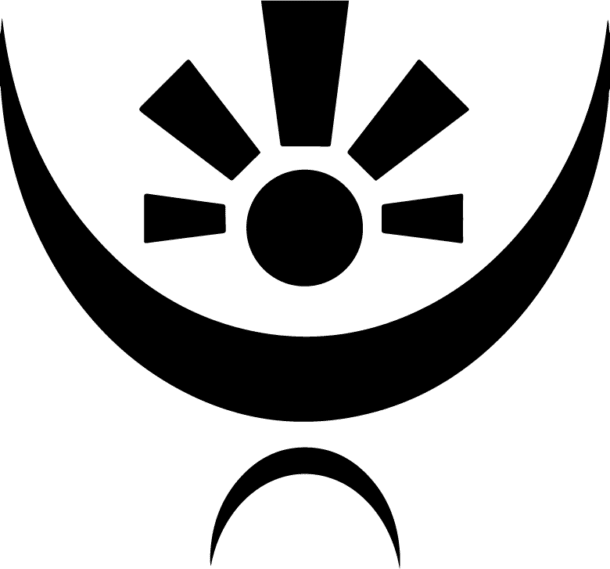Live Events Schedule
CLINICAL STRATEGIES FOR CONCUSSIONS IN ACUPUNCTURE
This course does a deep dive into the complex clinical presentation of post-concussion syndrome. By the end of the course you will know how to identify specific clinical profiles of post-concussion syndrome that will guide you when working with this patient population. We will cover neuroscience-based approaches to acupuncture and learn to apply acupuncture treatments according to the clinical profile subtypes.
Day 1
*Introduction to the complex clinical presentation of concussions
*Making sense of symptoms: Identify specific clinical profiles of post-concussion syndrome
Profile #1: Post-Traumatic Headaches
*The difference between post-traumatic headaches and migraines
*Neuroanatomy and neurophysiology of post-traumatic headaches
*Functional testing of the trigeminal system
*Acupuncture strategies for post-traumatic headaches
*Herbal Strategies for post-traumatic headaches
Profile #2: Post-Traumatic Neck Pain
*Overlapping symptoms of concussions and whiplash
*Joint position sense and functional testing of JPS
*Sensory integration of visual, vestibular, cervical and jaw inputs for posture and balance
*Acupuncture for post-traumatic neck pain
Profile #3: Dysautonomia
*Overview of autonomic symptoms and functions
*Exercise and physical exertion intolerance
*Connections between vestibular dysfunction and autonomic dysfunction
*Constellation of dysautonomia symptoms
*Functional autonomic assessments
Day 2
Profile #4: Cognitive Dysfunction
*Key areas involved in learning, memory, and cognition
*Understanding the implications of a loss of executive functions
*Importance of neurocognitive testing for objective measurements
*Research on regional blood flow changes following concussions
*Acupuncture for improving cerebral blood flow through anterior arterial supply
*Acupuncture for improving cerebral blood flow through the posterior arterial supply
*Prefrontal cortex electro-acupuncture protocol
Profile #5: Vestibular Dysfunction
*Distinguishing between dizziness and vertigo
*Neuroanatomy and neurophysiology of the vestibular system
*Key functional connections between the vestibular system, cerebellum, brainstem and autonomic nervous system
*Otolithic symptoms following concussions
*Differential diagnosis of vestibular disorders following concussions
*Balance testing through low-tech and computerized testing
*Observation of ankle strategies versus hip hinging
*Tai Chi for balance and gait awareness
*Acupuncture techniques for sensory integration of proprioceptive and vestibular systems
Profile #6: Oculomotor Dysfunction
*Learn the 2 Functions of eye movements
*Learn the 7 different types of eye movements
*Difference between visual acuity and eye movements disorders
*Peripheral vision loss
*Visual suppression – learn quick screenings for visual suppression
*Symptoms related to oculomotor dysfunction
*Testing for gaze stability, pursuits, saccades, anti-saccades
*Acupuncture and oculomotor dysfunction
Profile #7: Mood Disorders
*Effects of a loss of prefrontal cortical inhibition of emotions, thoughts, speech and behavior
*Supporting patients with mood disorders following concussions
Profile #8: Sleep Dysfunction
*Research quantifying aspects of sleep dysfunction following TBI and concussion
*Changes in breathing patterns following concussion
*Consequences of sleep dysfunction
*Acupuncture for sleep dysfunction
*Additional supportive therapies for sleep
*Review, Summary, and Q & A

